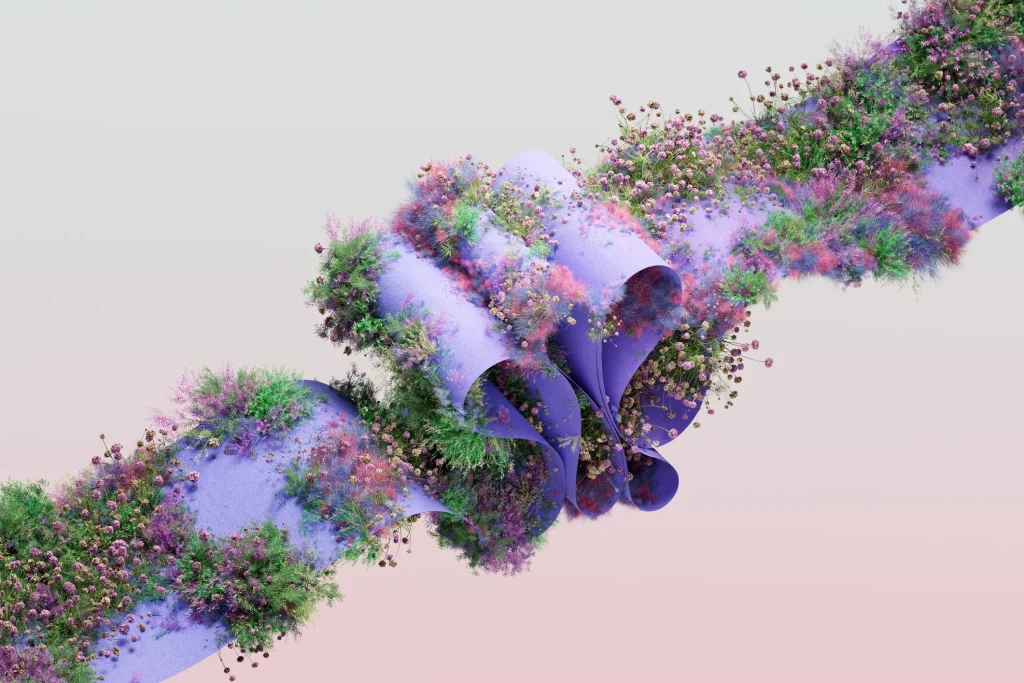What if the real obstacle to growth isn’t the lack of effort or knowledge but the very way we define progress? You journal daily, attend therapy, and consume personal development content relentlessly. Yet, at the edge of transformation, you pause—uncertain, uncomfortable, even fearful. This strange resistance can feel like self-sabotage, but it may instead reflect a deeper psychological pattern.
Known as Utopia Syndrome, this pattern reveals why people remain stuck in cycles of effort without resolution. It explains how the longing for ideal outcomes may quietly sustain the very struggles we hope to overcome. Exploring this concept not only unpacks hidden motives but also redefines what change truly means. The goal shifts from fixing yourself to reimagining your relationship with progress, offering a more sustainable path toward growth and development.
What Is Utopia Syndrome and Why It Matters
When the Pursuit Becomes the Comfort Zone
Utopia Syndrome is not a clinical diagnosis but a conceptual lens introduced by thinkers like Paul Watzlawick. It suggests that the struggle toward change can become more meaningful than the change itself. The daily actions—therapy sessions, meditations, personal rituals—serve as anchors, giving structure and identity. They also keep the fantasy of “almost there” alive, making the idea of a final resolution feel risky and unfamiliar.
The Hidden Comfort in Familiar Discomfort
Living with persistent problems, whether it’s anxiety, low self-worth, or chronic indecision, can provide invisible psychological benefits. These problems may bring social support, offer a straightforward personal narrative, or even justify avoiding more intimidating challenges. Letting go of them may not feel like freedom—it can feel like losing a part of yourself. The relief of “solving” the issue can arrive not with celebration but with quiet disorientation.

Recognizing Utopia Syndrome in Everyday Life
Signs You’re Caught in the Cycle
- You constantly seek new self-help tools but rarely feel satisfied.
- Therapy and journaling feel like routines rather than active growth practices.
- You fear success as much as failure because it means moving into unfamiliar territory.
- Breakthroughs often feel anticlimactic, prompting you to seek the next improvement strategy.
- You define yourself by your struggles, making it difficult to imagine life without them.
The Role of Identity in Perpetuating the Struggle
Problems often offer a psychological anchor. When a struggle has shaped your self-concept for years, changing it can feel like erasing who you are. This internal resistance is not a flaw—it’s a natural response to uncertainty. Identity is built through patterns, and dismantling those patterns, even painful ones can feel like stepping into the void.
Self-Help Culture and the Reinforcement of Utopia Syndrome
When Progress Becomes a Perpetual Chase
Modern self-help media thrives on promises of breakthroughs and transformation. Each new course or method offers a seductive promise. But this constant chase can trap you in a loop of “becoming,” constantly measuring your current state against an imagined ideal.
- Breakthrough fatigue sets in when nothing feels like a game-changer anymore.
- The identity of becoming overshadows the experience of being.
- Perfection becomes the goal, leaving you in a state of chronic evaluation.
Strategic Shift: From Solving to Exploring
Rather than endlessly aiming to fix it, try asking different questions. “What can I learn by not trying so hard?” opens the door to curiosity. Exploration allows for nuance, variation, and creativity—qualities that rigid goal-setting often suppresses.

Mindset Shifts to Reimagine Your Relationship with Change
Think Through the Benefits Your Problems Provide
Acknowledge that struggles might serve purposes, such as attention, structure, clarity, and even protection. By bringing these into awareness, you loosen their grip. Once you identify them, you gain more freedom in choosing whether to continue relying on them.
Redefine Progress with Greater Compassion
Real success isn’t eradicating discomfort. It’s engaging with it in new ways. Walking into an anxious situation and still functioning is more meaningful than trying to eliminate anxiety. Choose growth over perfection.
Rewrite Your Self-Narrative Strategically
Try a powerful exercise: Write your story as though your core issue is already resolved. Place it at the beginning. Observe the emotional responses that arise. These reveal how deeply your identity is tied to the struggle—and how you might begin weaving a new narrative.
Practices for Sustainable Transformation
Practice Radical Acceptance
Accepting reality does not mean giving up; it means embracing it. It means facing it without resistance. When you take your current state, even the uncomfortable parts, you create space for unexpected insights and healing.
Engage in Play and Improvisation
Introduce spontaneity to disrupt mental patterns. Activities like sketching, dancing, or changing routines soften rigid thought structures and help you approach problems with fresh energy.
Cultivate Narrative Flexibility
View your personal story as an evolving work of art. Add new characters, unexpected turns, and alternate endings. Loosening your grip on the current version allows transformation to unfold naturally, without coercion.

FAQ’s
What is Utopia Syndrome in simple terms?
Utopia Syndrome refers to a paradox where the pursuit of ideal solutions becomes more comfortable than actually achieving them, keeping individuals stuck in a state of struggle.
Can Utopia Syndrome affect therapy progress?
Yes. It may cause people to unconsciously resist breakthroughs, as resolving their issues can threaten the identity formed around those struggles.
Why do people cling to their problems?
Problems can offer hidden benefits, such as sympathy, structure, or protection from deeper fears. These often outweigh the perceived risks of change.
How does self-help culture reinforce this syndrome?
By promoting endless improvement and ideal outcomes, a self-help culture can keep individuals in a cycle of becoming without ever arriving.
How can someone move beyond Utopia Syndrome?
By shifting from solving to exploring, practicing radical acceptance, and revising personal narratives, individuals can approach change with more flexibility and depth.
Conclusion
Utopia Syndrome reveals the paradox that striving for ideal transformation can keep us tethered to the very struggles we want to escape. Actual growth comes not through relentless problem-solving but through curiosity, self-awareness, and narrative evolution. When we stop clinging to the illusion of perfect outcomes, we open ourselves up to meaningful and lasting transformation.


